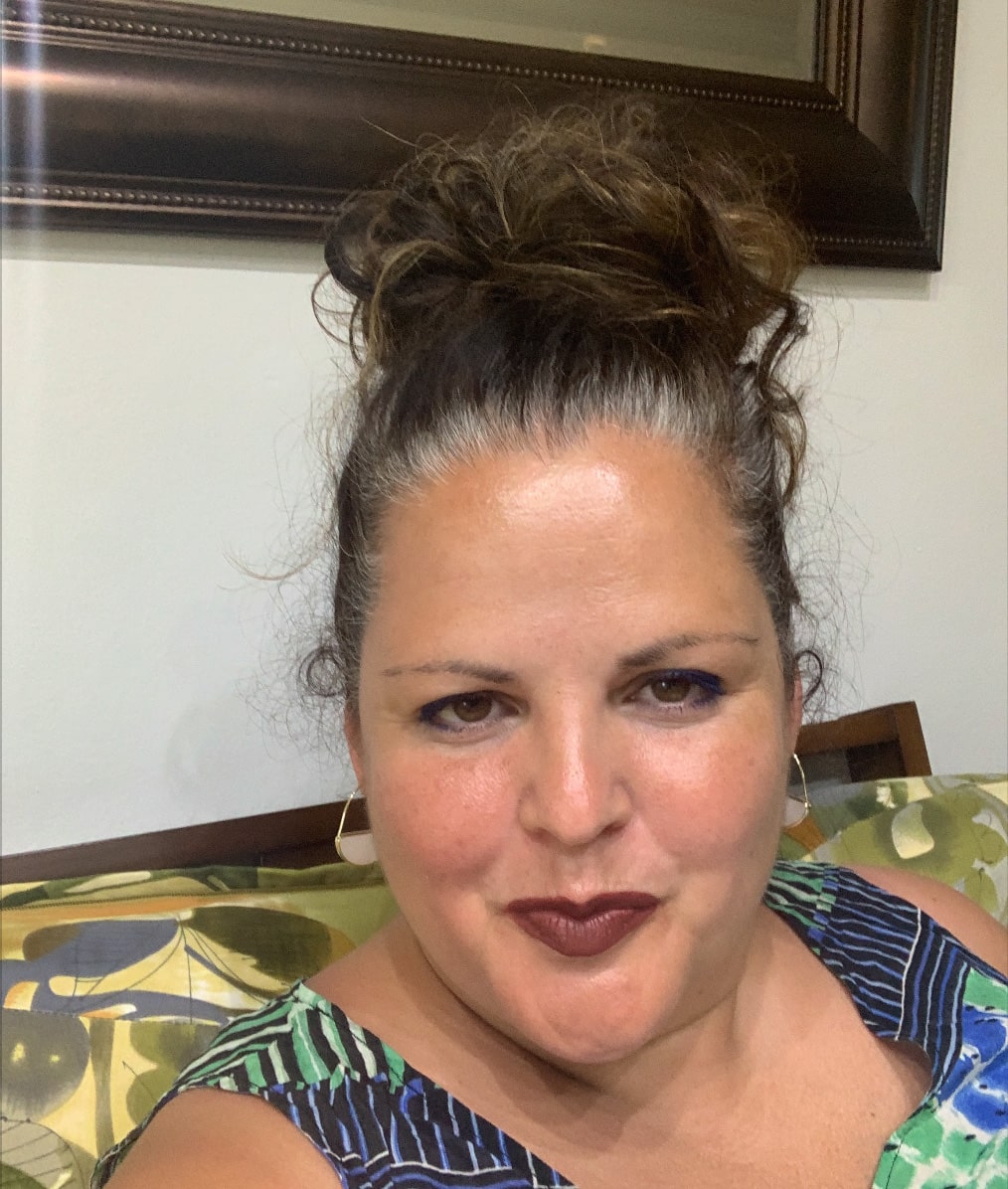
Marisol Negron
Area of Expertise
American Studies
Latin@ Literary and Cultural Studies; Popular Culture and Commodification
Latino Studies
Degrees
BA, Dartmouth College
MA, Stanford University
PhD, Stanford University
Professional Publications & Contributions
Book
Made in NuYoRico: Fania Records, Latin Music, and Salsa's Nuyorican Meanings (forthcoming Duke UP)
Articles (Selected)
“Fania Records and Its Nuyorican Imaginary: Representing Salsa as Commodity and Cultural Sign in Our Latin Thing,” Journal of Popular Music Studies. XXVII.3 (September 2015): 274-303.
"A Tale of Two Singers: Representation, Copyright, and 'El Cantante'," Latino Studies Journal. XIII.1 (March 2015): 44-68.
Co-authored
Rosalyn Negrón, Lorena Estrada-Martínez, and Marisol Negrón. “Puerto Rican Climate Migration After Hurricane Maria: Implications for Public Mental Health.” In Srikanth, R. and Thompson, L. Climate Justice and Public Health: Intersectional Urgencies (under contract with UMass Press).
with the New England Consortium of Latina/o Studies (NECLS). "Report from the Field: New England Consortium of Latino Studies," Latino Studies, XIV.13 (2016): 1-7. doi:10.1057/s41276-016-0011-5 (available online as of September 2, 2016).
Additional Information
Affiliations
Women's Studies Research Center Scholar, Brandeis University, 2023-2024
Awards & Grants (Selected)
Negrón, M. (Co-PI), Negron, R. (PI), Estrada-Martinez, L. (Co-PI) and Aldrich, D. (Co-PI) National Science Foundation Grant. Social & Moral Factors in Post-Hurricane Maria Evacuation Decisions: Implications for Puerto Ricans’ Well-being, $253,862. 2020.
Negrón, M. (Co-PI), Rivera, L. (PI). Latino Student Success Initiative, Developing Hispanic Serving Institutions Title V Grant, Bunker Hill Community College, $35,000. 2022.
Negrón, M. (Co-PI), Rivera, L. (PI). “Latino Student Success Initiative,” Hildreth Family Foundation, $100,000.00. 2018.
Negrón, M. (Co-PI), Rivera, L. (PI). “Latino Student Success, Building Pathways from High School to Baccalaureate,” Massachusetts Department of Higher Education, $250,000. 2017.
Career Enhancement Fellowship, Institute for Citizens and Scholars (formerly the Woodrow Wilson Foundation) and Mellon Foundation, 2012
Mellon Mays University Fellow, Mellon Foundation, 1991-present
